
PC
It never stops blowing my mind that a game this good can go entirely unnoticed. With zero press coverage, and just 9 Steam reviews, you would imagine Neoproxima is just another shovelware release, and yet it’s anything but. This is a rich, complicated, and deeply original game, with a hardcore sci-fi story and – somehow – a fresh and original approach to a time-loop narrative.
Neoproxima is set, appositely, on a planet called Neoproxima. It’s 1975, and after a series of UFOs crashed around the Earth during the 1960s, the largest nations have been in a space race to take advantage of the recovered Colossus technology. The Cold War rages, seeing Russia beat the United States to landing on the moon, driving even more competition to colonise and research this newfound planet, left covered in Colossus ruins.
One surprising national force involved are the French (this is, you should not be surprised to learn, made by a French studio), who have created a colony called Kairos. Within its territory is a mysterious discovery, a 300 metre high “sarcophagus” that no one has been able to enter. Other peculiar monuments have also been found, one of which you, Farah, and your two treasure-hunting colleagues, married couple Chen and Duncan, are investigating within a canyon at the start of the game.
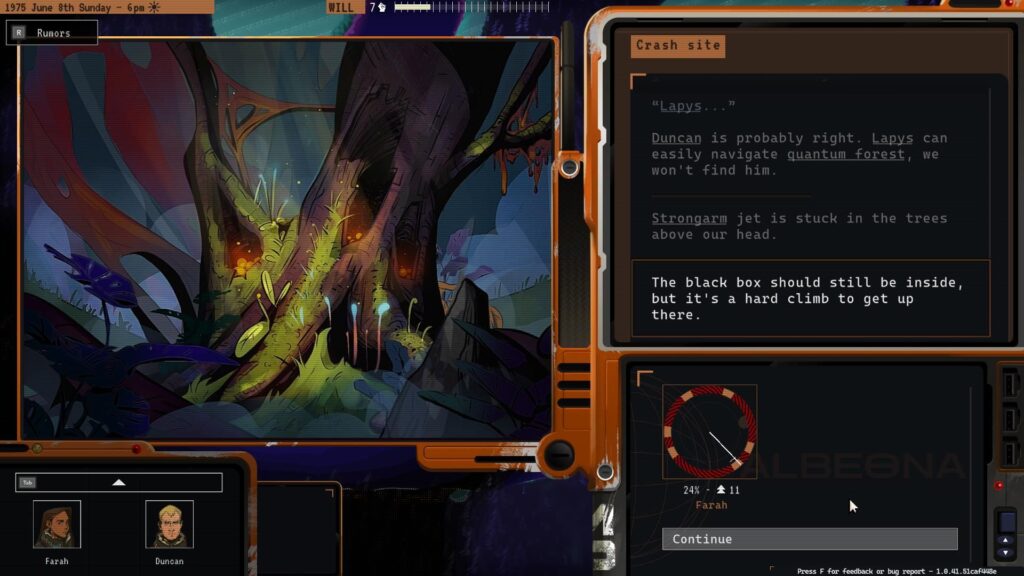
While the three attempt to recover a sought-after alien technology presumed to be a sort of key from the site, an alarm sounds, and their attempts to escape are unsuccessful. The three are split up, and all drown when an inexplicable torrent of water sweeps down through the canyon. The end.
Except, Farah and Duncan wake back up in the diner where their day began, and yup, the day has looped. But Chen is missing. Even more strangely, no one’s heard of her. Oh, and the canyon you were in? That’s always had a river running through it. Yet the key, a nanotech mystery, is still around Farah’s wrist like a bracelet. It’s a time-loop.
It would be reductive to describe Neoproxima as a text adventure. It’s a lot more complicated than that, but at its core it’s an unfolding written story, with dialogue and action choices as you might see in an RPG. (The Citizen Sleeper influences are obvious.) There’s also an inventory, with items available to buy or swap for any given attempt at this looping day, and their availability while out on an expedition can be the difference between failure and success. Expeditions are performed by driving your little space van around a map, either deliberately aiming for known sites, or exploring the fog to discover new areas. And all these actions take time, your most important resource, given there’s quite literally no tomorrow.
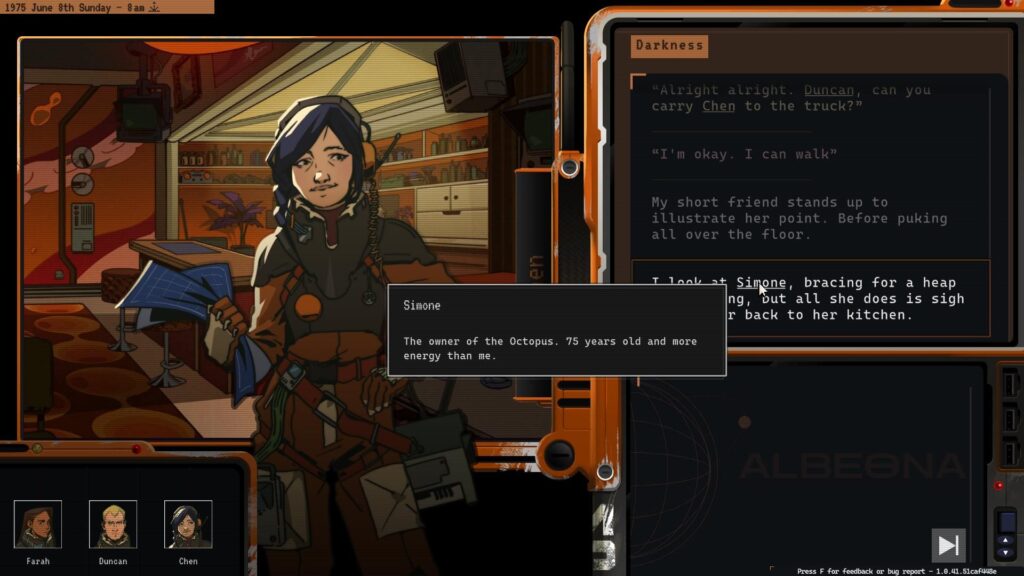
Fail at any point, and by necessity you will, and you’ll wake up back in the Octopus diner, but this time with Chen. Now Duncan is unknown to everyone else. And worse, for either partner, their memories of the other are also fading. You swap who’s with you each loop, which adds a whole other dynamic to the game, their individual skills determining what can be achieved on any given day, and their pain at not being able to find one adding an emotional heft to the game.
The alternating company is a really novel approach to a time-loop that I’ve not encountered before, but interestingly, it’s not the most important one. The aspect that I find most compelling about Neoproxima is the lack of crushing pressure that usually makes time-loop mechanics so exhausting to play. Like Bill Murray in Groundhog Day, it quickly becomes apparent that you’ve all the time in the world in your situation. You can quite deliberately set out on a suicide mission just to find out a small piece of information, and then act on it the following loop. There’s no impending doom, or debilitating time pressure, or diminishing returns. And god, it makes a difference. Oh, and everything you achieve on any run – unless it requires another person knowing something – is remembered by you and whichever of the two you were with, all knowledge progress is kept, and good gravy, what a pleasure that is.
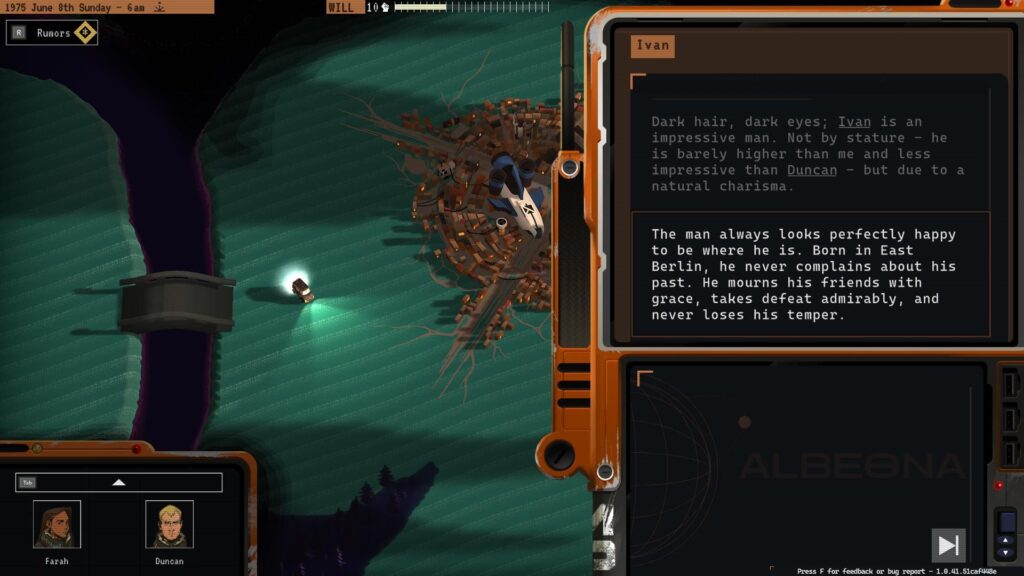
The text uses a brilliant footnote system, meaning any term the characters know but the player might not gets a little superscript number, and when hovered over with the mouse (or controller button is pressed) it will offer deeper context. This allows the story to be told without tiresome and clumsy exposition, and please could every other game copy this? Thanks. It also means that in the pile of named characters and places, you can always remind yourself who’s who and where’s where by checking the footnote.
The only downside that I can find, and it’s a pretty big one, is that the translation (presumably from French) is often a complete mess. There are endless typos, or just entirely the wrong words used, and most commonly, punctuation jazz. I’d desperately love to do a script edit of the game, get it all cleaned up, because it’s such a shame that what otherwise feels like such a superb product is let down this way. You always know what it means, but when a game is text-first, with missing letters, random punctuation, and no spell-checking, it’s definitely an issue.
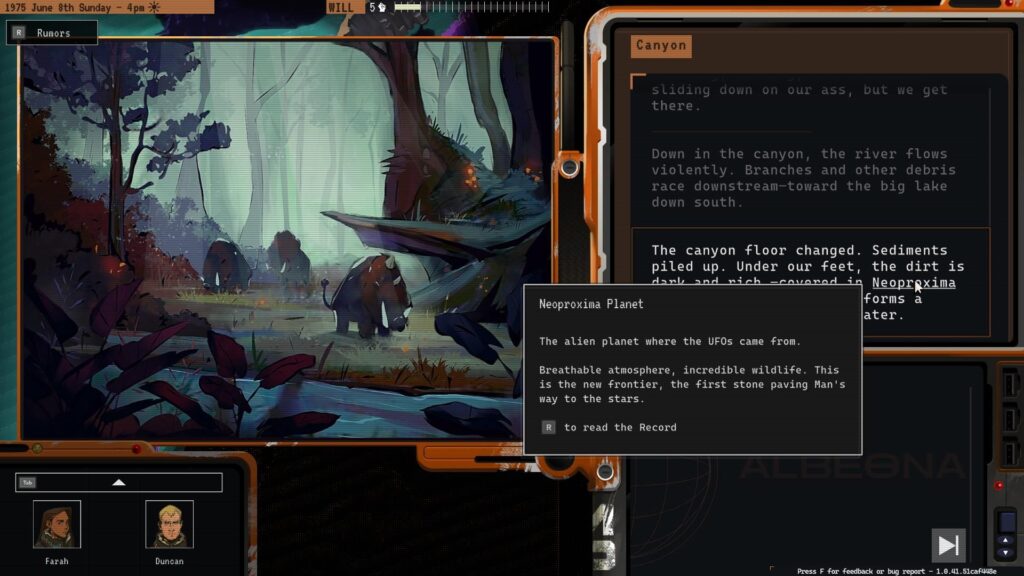
What is so splendid is that despite my, by necessity, giving away the opening scenes’ time-loop conceit, so many mysteries remain. The nature of what others remember, who they remember, and how their version of the past doesn’t match any of your own, is fascinating. It’s a deep and engrossing science fiction tale, and being able to explore it in my own order is such a pleasure. Because another huge asset here is that there are multiple tasks running at any point, with a spider-diagram of current and concluded agenda always available, updated with progress, but none nagging you to be first.
For instance, one thread features a guy called Bill Strongarm. He’s always in the Octopus at the start of the loop, planning on testing out an idea he’s had to overcome why no human-made flying devices can stay airborne on Neoproxima. Except, as you’ll soon learn, he’s going to crash. At any time you want, you can investigate his crash site after it occurs (soon after midday, which the game unhelpfully incorrectly labels “12 a.m.), and try to recover the black box information. Then, on a future run, you can give Bill this information in the morning – they think of a way to explain it to him – and he won’t make that mistake again. Except, well, it’s never that simple.
That’s just one of many threads that require you to repeatedly progress a narrative through information gained, individual stories and characters and locations that you chip away at, getting further each attempt, learning from failure, and changing the results. And as I say, there’s no sense of impending failure if you don’t get them all done, now now NOW! Instead, because today’s not going away, you can take as much time as you need, albeit driven by concern for the fading memories of your companions.
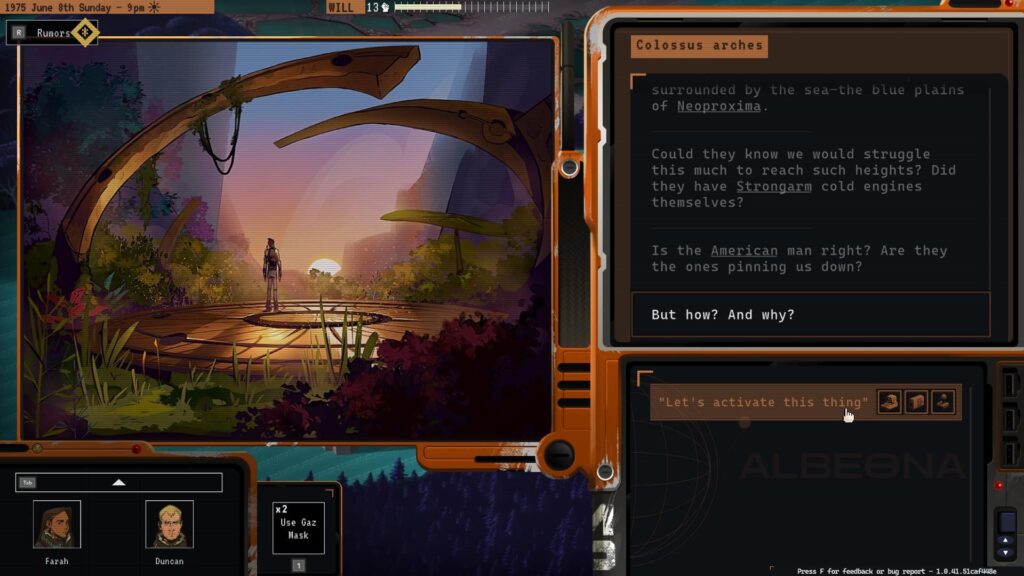
I’m so, so impressed by Neoproxima. I desperately wish it had been properly script edited in English (hey, indies, hit me up – my rates are very reasonable!), because it’s a constant issue. But it’s testament to the quality of every other aspect that I still loved this game so very much. Especially the way it begins to mess with its own UI, to force you to ask questions about your experience as you play. Just excellent. This is a brilliant idea, brilliantly executed, and absolutely shouldn’t be overlooked.
- Lonestone Studio
- £11 / $13
- Steam
All Buried Treasure articles are funded by Patreon backers. If you want to see more reviews of great indie games, please consider backing this project.
84


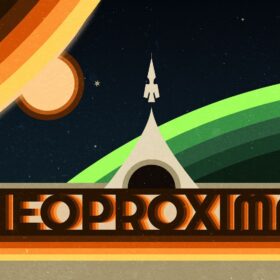
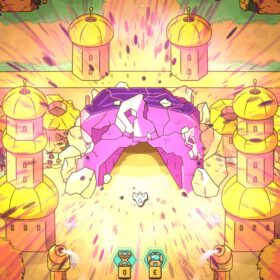


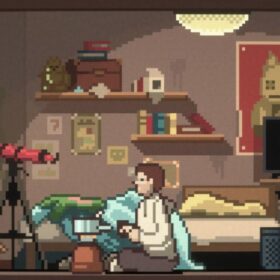
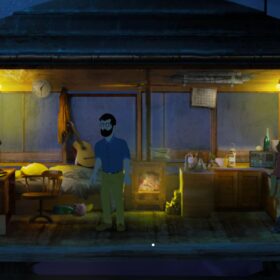
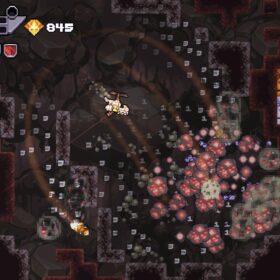
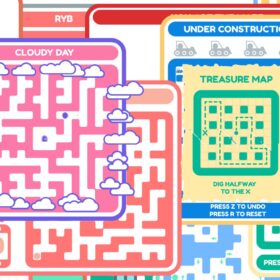
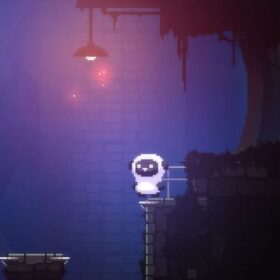
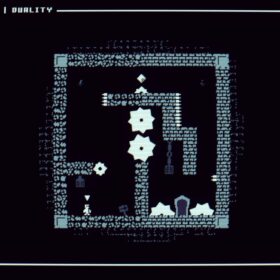
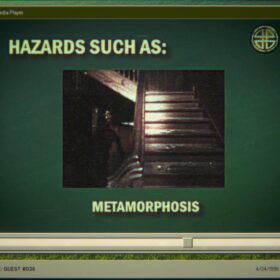
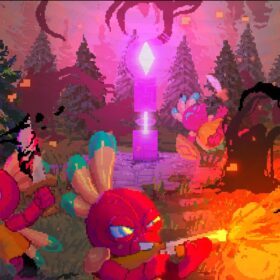
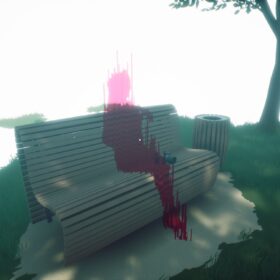
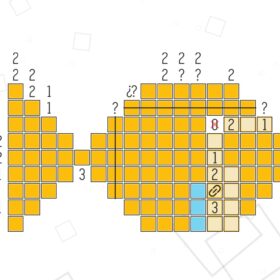
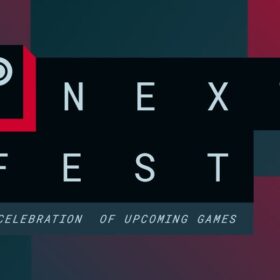
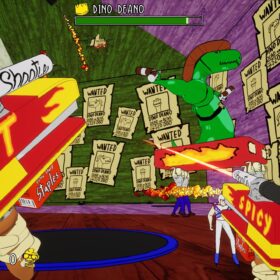

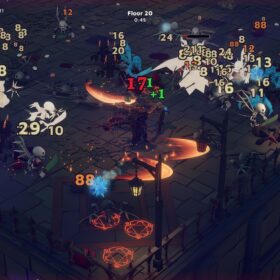


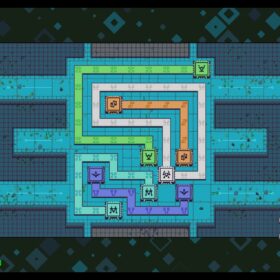
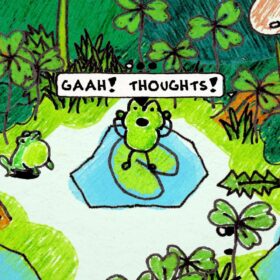
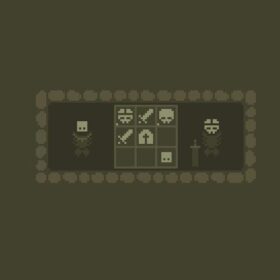
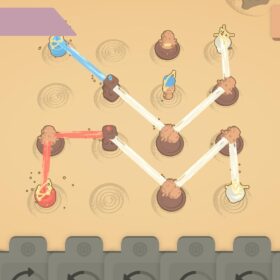
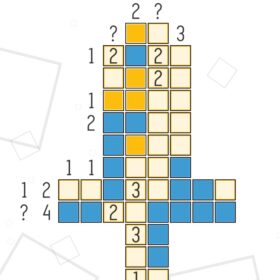
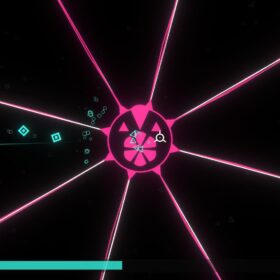
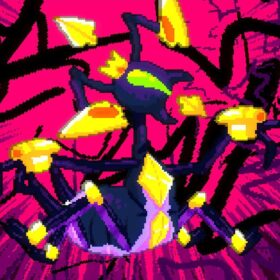
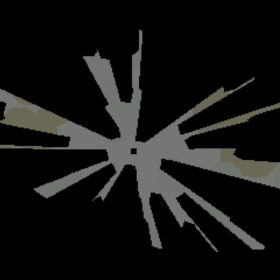
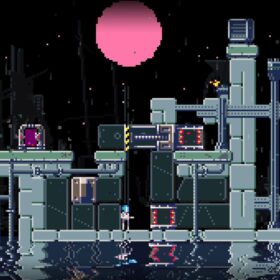
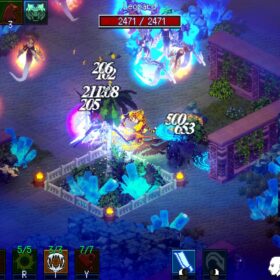
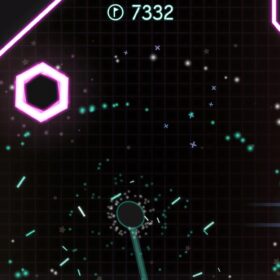
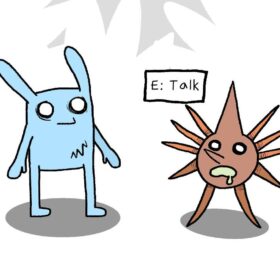
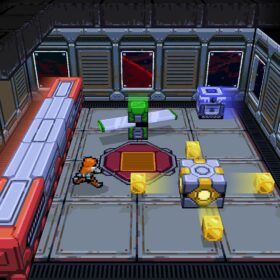
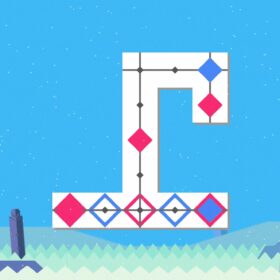
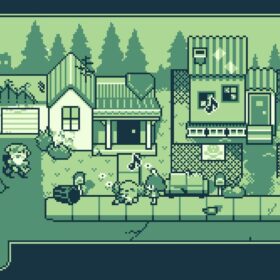
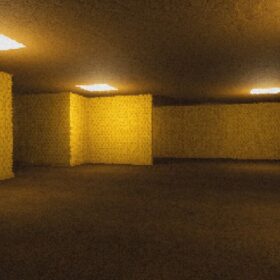
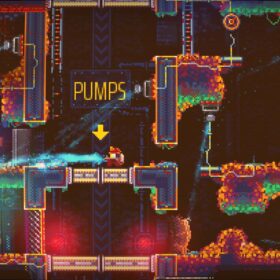
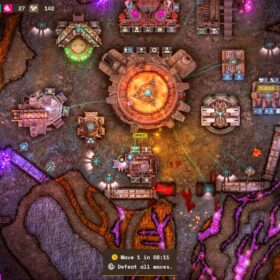
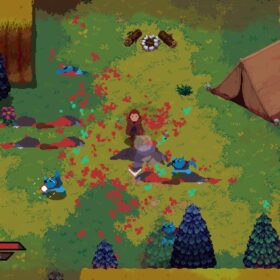
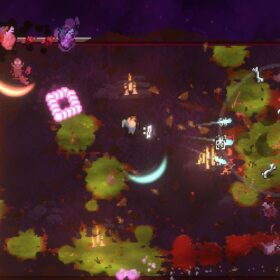
so hyped for this ! thank you for the discovery !
It sounds brilliant. There’s something really satisfying about making progress in time loop games (it’s like a temporal Metroidvania the way you’re unlocking new routes). It’s a shame that the English script isn’t as polished as it could be.
Oh wow, this sounds good! I hope they do refine the english language translation, because that would make a huge difference to my experience. I’ll wishlist it and see if they take steps on that front.